#House of Palatine-Simmern
Photo
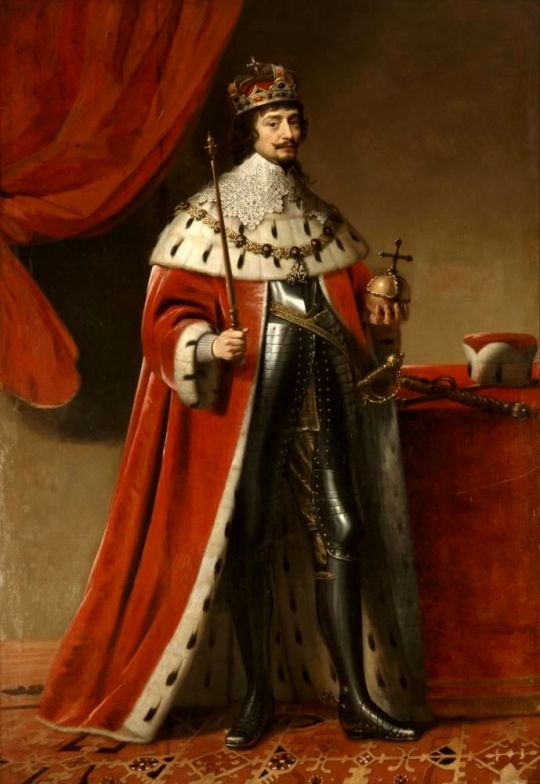
Portrait of Frederick V, Elector Palatine (1596-1632), as King of Bohemia. By Gerard van Honthorst.
#České království#königreich böhmen#kingdom of bohemia#frederick v#Český král#full length portrait#in armour#house of wittelsbach#pfalz simmern#house of palatinate simmern#haus wittelsbach#full-length portrait#Ať žije král#god save the king#official portrait#coronation robes#elector palatine
10 notes
·
View notes
Photo



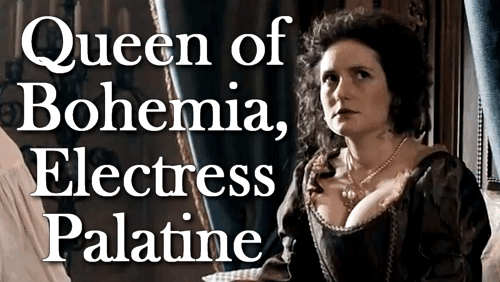

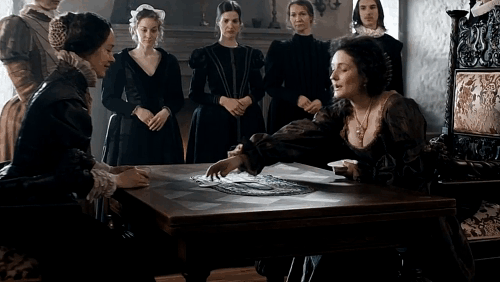

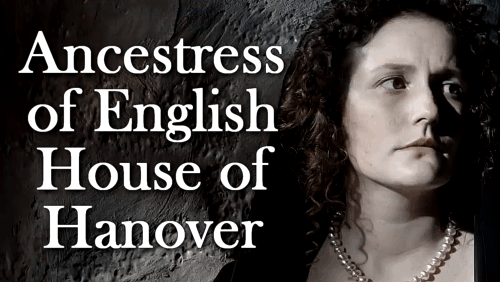
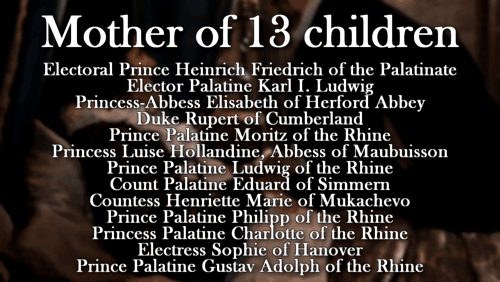
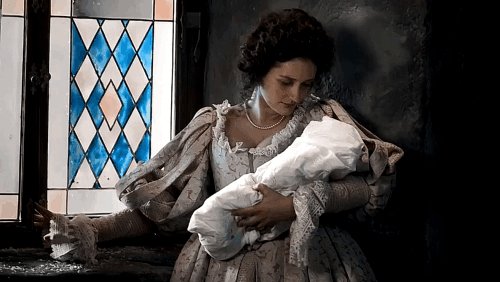
House of Stuart & of Wittelsbach: Elizabeth Stuart
Elizabeth was born as the second child and oldest daughter to King James VI of Scotland and his wife Anne of Denmark. She was named in honor of Queen Elizabeth I of England who her father would succeed as King James I of England. Only two of her siblings survived into adulthood: Prince Henry of Wales and King Charles I of England, Scotland and Ireland.
In her childhood, she moved from noble household to household. Elizabeth studied writing, riding, natural history, geography, theology, French and Italian. Her educator was warned ahead of the Gunpowder Plot. He her brought to Coventry whose citizens swore to protect her. The rebells had planed to take control of her and either place her or her brother on the throne instead of their father.
As a protestant princess, Elizabeth was a desired wedding candidate. Duke Frederick Ulrich of Braunschweig-Lüneburg, Hereditary Prince Otto of Hesse-Kassel, one of the sons of The Duke of Savoy, King Philipp II. of Spain and Elector Palatine Frederick V were interested in marrying her. She decided to marry Frederick. While her father was considering Catholic alliances, her mother was absolutely against it, which is why she did not become Philipp’s wife. The coupled wed on February 14th, 1613, at the Palace of Whitehall.
The marriage of Frederick and Elizabeth is generally described as happy one. The couple shared a love for glamour and luxury. They threw parties and banquets. But Frederick also had to deal with his own depressions which often led him to appoint Prince Christian I of Anhalt-Berleburg as regent. Elizabeth, in the mean time, enjoyed her life and made no effort to learn German. During their first five years of marriage, the couple had their first three children: Heinrich Friedrich, Karl and Elisabeth.
The Bohemian nobility dethroned Archduke Ferdinand of Inner Austria (later Holy Roman Emperor Ferdinand II) as King of Bohemia on August 17th, 1619, and elected Frederick as their king a few days later. The Habsburg have always been a Catholic house but in Bohemia Protestants had begun to rebell and started the Thirty Years’ War with the Second Defentrastion of Prague. Elizabeth did not urge her husband to take the crown but she also did not argue against it. They travelled to Prague in October and were crowned in November when Elizabeth was close to giving birth to their fourth child Rupert.
But the couple was not too popular with the Bohemian people. The Calvinist Frederick sanctioned iconoclastic furies and bathed nacked in the Vltava river alongside his wife’s ladies-in-waiting. Elizabeth’s dresses were also critized of being too risqué and her keeping dogs and monkeys was also unpopular. The Catholic League of course did not just accept the dethronement of Archduke Ferdinand. While they banded together, Frederick basically received no support from his Protestant allies. Elisabeth, again pregnant, fled to Breslau in November 1620. She moved to Küstriz to have her next child Moritz and once her husband joined them, they moved on to Berlin. Their daughter Elisabeth stayed with her grandmother Countess Louise Juliana of Orange-Nassau there, while Elizabeth and Frederick had to move on to the Netherland. Ferdinand II had put Frederick under an Imperial ban. They couple was received with great pomp by Maurice of Orange, an uncle of Frederick and then Stadtholder of the Netherlands. Since their reign over Bohemia was only one winter long, the couple is often nicknamed as Winter King and Winter Queen.
Elizabeth and her husband where financially well off in the 1620s due to the financial support she received from England and the one they received from the Netherlands. But in the years to come, Frederick even lost the Palatinate. Elizabeth however formed court of knowledge and culture in her exile. Her husband continued his fight to win back the Palatinate but died on November 29th, 1632. Elizabeth was devastated but declined an offer by her brother King Charles to return to England with her children. He reasoning to stay was that she would not give up her children’s claims to the Palatinate but if she left it would be seen as that.
Her sons continued the fight for the Palatinate but did only receive diplomatic help from their uncle. After the English civil war, even that ended. Elizabeth also no longer received her stipend of 12,000 pounds. Her relationship with most of her children worsened over time. Her youngest daughter Sophie even said once that she preferred dogs and monkeys over her own children. Her son Karl Ludwig was able to get back parts of the Palatinate in the Peace of Westphalia. But due to conflicts, Elizabeth decided to stay in the Netherlands.
Elizabeth returned to England after her nephew Charles II succeeded to newly restored English throne. She died of bronchitis on February 13th, 1662. Elizabeth is the ancestress of the British House of Hanover through her youngest daughter Sophie who was in 1701 when the Act of Settlement was passed the only living Protestant descendants of the Kings of England and Scottland.
// Rose Bursztein in Age of Iron (2018)
#Period drama#perioddramaedit#English history#women in history#historyedit#Elizabeth Stuart#historic women#Bohemian history#Czech history#German history#European history#Scottish history#1600s#17th century#House of Wittelsbach#House of Stuart#Queen Elizabeth of Bohemia#Electress Palatine Elizabeth#Winter Queen#House of Palatine-Simmern#British history
321 notes
·
View notes
Photo
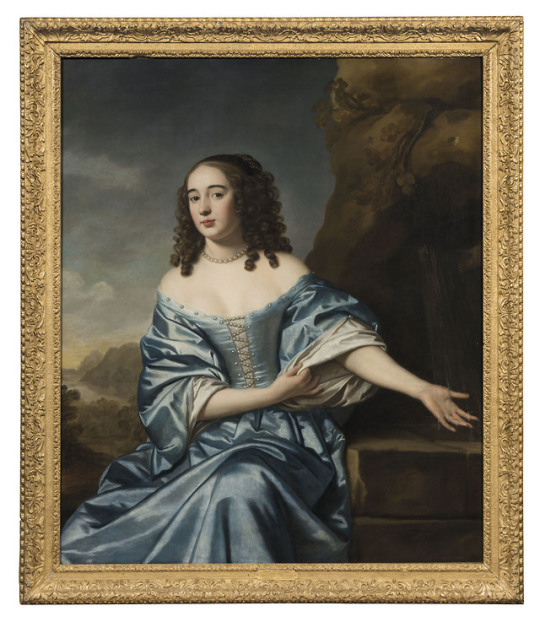
Portrait of Princess Sophie, Electress of Hanover (1630-1714), three-quarter-length, seated, in a blue dress, a landscape beyond.
#Sophia of the Palatinate#sophia of hanover#house of Palatinate-Simmern#Gerrit van Honthorst#christie's#auction#long live the queue
94 notes
·
View notes
Photo
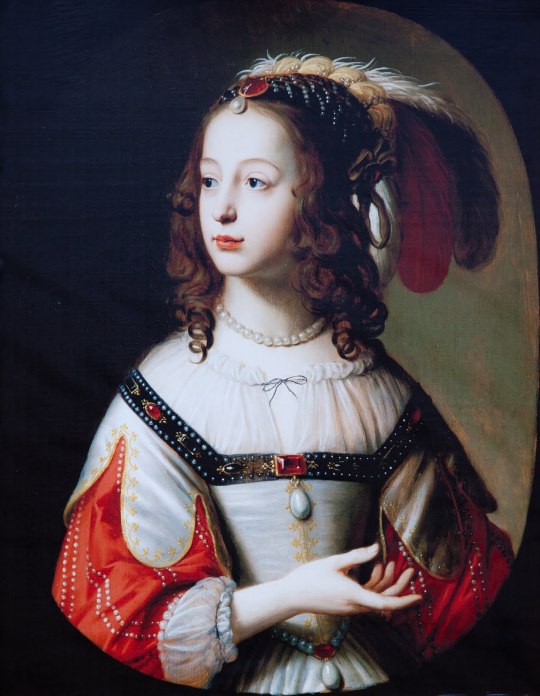
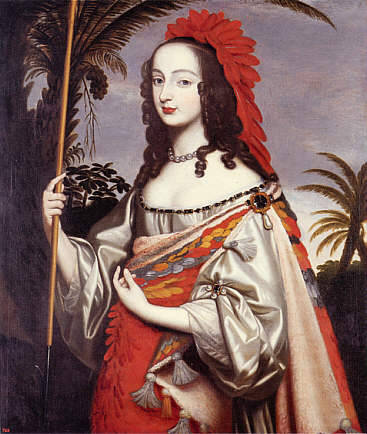
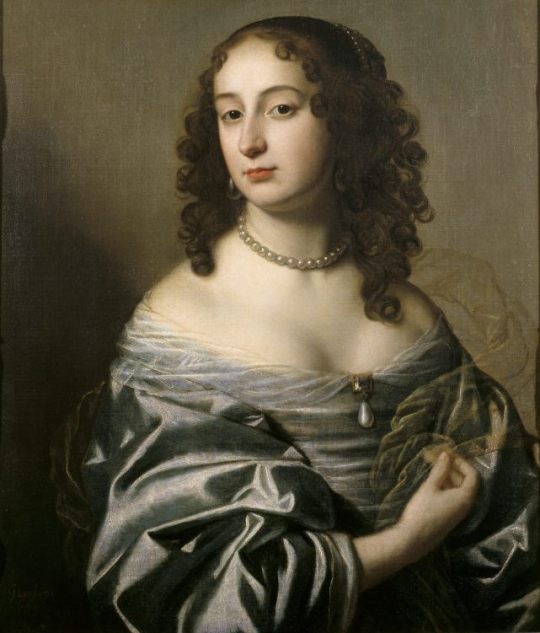


Sophia, Electress Consort of Hanover. Heiress presumptive to the Crown of the United Kingdom
Sophia of the Palatinate (commonly referred to as Sophia of Hanover) (Born: 14 October 1630 Died: 8 June 1714) was the Electress of Hanover from 1692 to 1698. She became heir presumptive to the crowns of the Kingdom of England and the Kingdom of Ireland under the Act of Settlement 1701. After the Act of Union, 1707 unified the Kingdom of England and the Kingdom of Scotland, she became heir presumptive to the throne of the Kingdom of Great Britain. Sophia, a granddaughter of James VI and I, died less than two months before she would have become queen; her claim to the throne passed on to her eldest son, George Louis, Elector of Hanover, who ascended as George I on 1 August 1714 (Old Style).
Born to Frederick V, Elector Palatine, and Elizabeth Stuart, in 1630, Sophia grew up in the Dutch Republic, where her family had sought refuge after the sequestration of their Electorate during the Thirty Years' War. Sophia's brother Charles Louis was restored to the Palatinate as part of the Peace of Westphalia. Sophia married Ernest Augustus of Brunswick-Lüneburg in 1658. Despite his jealous temper and frequent absences, Sophia loved him, and bore him seven children who survived to adulthood. Initially a landless cadet, Ernest Augustus succeeded in having the House of Hanover raised to electoral dignity in 1692.
She died 8 on June 1714 (aged 83, a very grand age at the time) 2 months before her announced coronation and asccension to the throne of the United Kingdom. If she was to asccend the throne, she would be the oldest person crowned a sovereign of the United Kingdom.
House of Palatinate-Simmern 1/?
House of Hanover 2/?
#palatinate-simmern#hanover#house of hanover#the hauge#sophia electress of hanover#sophia of hanover#crown princess#electress#sophia of palatinate#sophia of the palatinate#princess#british royalty#british royal family#succesion#german royalty#german royal family#bohemian royalty#bavarian royalty
2 notes
·
View notes
Photo
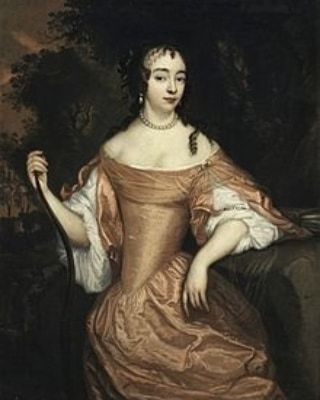
#OnThisDay 1st 📸 - Year 1642, Birth of Maria of Orange-Nassau. a Dutch princess of the house of Orange and by marriage pfalzgräfin or countess of Simmern-Kaiserslautern. Maria was the youngest daughter of Amalia of Solms-Braunfels and her husband Frederick Henry, Prince of Orange. Her father was already in his late fifties when she was born and died when she was only four. She was also the aunt of the future William III, via her brother William II. On 23 September 1666 in Kleve she married Louis Henry, Count Palatine of Simmern-Kaiserslautern (1640-1674), son of Louis Philip and a grandson of Maria's aunt Countess Louise Juliana of Nassau. 2nd 📸 - Year 1771, Birth of Archduke Charles, Duke of Teschen. was an Austrian field-marshal, the third son of Emperor Leopold II and his wife, Maria Luisa of Spain. He was also the younger brother of Francis II, Holy Roman Emperor. Despite being epileptic, Charles achieved respect both as a commander and as a reformer of the Austrian army. He was considered one of Napoleon's more formidable opponents and one of the greatest generals of the French Revolutionary Wars. #HistoryofRoyals #RoyalHistory #RoyalBirth https://www.instagram.com/p/CTcLbPlFqTc/?utm_medium=tumblr
0 notes
Text
Johann Stephan Pütter, An Historical Development of the present Political Constitution of the Germanic Empire, 1790
Page 199: Further Political Revolutions during the Reign of Lotharius II and his Successors, until Frederick II, 1125-1235; particularly the Establishment of Elections and Electors. Civil and Canon Law; and Proscription of Henry the Lion.
Page 271: Cause of the Golden Bull being so denominated — Manner of enacting the different articles — Design of this fundamental law of the Empire — Number of Electors limited to seven — The fifth Electorate conferred on the Palatinate, in neglect of the House of Bavaria — ….. Later introduction of succession according to the right of primogeniture, in those territories which did not belong to the Electors — Guardianship of minor Electors — Rank of the Electors amongst each other — Their functions on public occasions, at the court of the Emperor, or the so denominated Arch officers of the Empire ….. High treason against the Electors — Other prerogatives of the Electors …..
Page 272: From such Bulls as these it has become customary to call the instruments themselves, to which they are annexed, Golden Bulls; in the same manner as the decrees of the Popes are denominated Papal Bulls; and thus likewise this instrument, by having such a seal annexed to it, has obtained the appellation of the Golden Bull. It consists of five ordinances, which Charles IV enacted at two general Diets, one of which was held at Nuremberg, January 10, 1356; and the other at Metz, on the 25th of the same year, with the approbation of the Electors, and in some measure with the concurrence of the whole Empire. These ordinances were afterwards subdivided into thirty principal articles, and promulgated in one public act.
Page 273: An original instrument was granted to each of the Electors and an authentic copy given likewise to the city of Frankfort, which is at present generally shown to strangers.
The grand object which Charles IV had in view, when he enacted this constitution, was no doubt to prevent the delays which had been continually made with respect to the electoral suffrages, as he had experienced at his own election; and to place the election of an Emperor, and everything attending it, in future, on a firmer basis. All the disputes which had happened formerly therefore, were for this reason finally adjusted; and it was his intention now to fix certain permanent principles, to be observed in future. In both respects it was admitted as a settled point, that there could not be either more or less than seven Electors; so that in the Golden Bull the allusion was not forgotten to the sacred number of the seven pillars, and seven candlesticks; and another thing which was taken for granted, was, that three of these seven Electors were to be ecclesiastics, and four of the laity.
With respect to the ecclesiastical Electors there was no doubt that this honor could only be claimed by the Archbishops of Mentz, Treves, and Cologne, who were allowed to precede the secular Electors. Amongst the latter, the King of Bohemia, who at that time was Charles IV himself, obtained the precedency.
Page 274: Besides what was mentioned on this subject in the Golden Bull, the Elector of Mentz was obliged to grant another particular diploma concerning the electoral vote of Bohemia, as well as the office of Arch Cupbearer, which is connected with it; but it was expressed in such terms, that the King was exempt from actually performing the duties of the office.
Page 275: Notwithstanding this, there is not the least mention of the Bavarian House in the Golden Bull. The Palatinate alone was named as the second secular Electorate. When we recollect that Charles IV was at first elected Emperor in opposition to Lewis of Bavaria, and that, on the other hand, his consort was a daughter of the Elector Palatine, one can scarcely refrain from the conjecture, that Charles might personally have had some partiality for the Palatinate, in preference to Bavaria, which might have had some influence on this article of the Golden Bull.
Page 276: Another dispute which prevailed till now between Saxe-Lauenburg and Saxe-Wittenberg, concerning the electoral vote of Saxony, was in the same manner so decided, that it will be difficult to acquit Charles of the suspicion of a personal partiality. As long as Charles was engaged in a dispute with Lewis of Bavaria, and Günther of Schwartsburg, concerning the Imperial dignity, Saxe-Wittenberg alone was always of his party, and Saxe-Lauenburg in opposition to him. Saxe-Lauenburg was not at all mentioned now in the Golden Bull, and Saxe-Wittenberg incontestably acknowledged as Elector. In the year 1437, however, the claims of Saxe-Lauenburg on this Electorate were again renewed, but without effect. So much have the ordinances of the Golden Bull tended to determine the former dispute, and thereby perfectly accomplish their design.
Page 277: The only thing which afterwards required to be more precisely determined was, how the succession, according to the right of primogeniture, was to be understood, amongst collateral relations. The Golden Bull declares nothing further upon this subject, than that if the firstborn son dies without legitimate hers, the eldest of his brethren shall succeed to the Electorate. Not long afterwards, in the year 1371, the Elector Rudolph’s II of Saxony died without heirs. His brother Otho had died in 1350, and left a son of the name of Albert; but his third brother Wencelaus was still living. Charles IV here gave the preference to the third brother, and set the son of the elder brother, who had died before, aside; probably because he abided by the literal words “elder brother,” and therefore gave the preference to the brother who was older than the son of the elder brother already deceased.
Page 278: The other addition, which relates to the secular state, or, as the Golden Bull ordains, that an Elector must be a layman, requires a further explanation. In Catholic families it is still very common, where there are several sons, for the eldest to be devoted very early to an ecclesiastical life, in order to have a better opportunity of being provided for by rich benefices; whilst one or more of the younger sons are designed as future successors to the estates, and at the same time to continue the propagation of the family.
Page 279: With the presupposition that the same thing might happen in the Electoral Houses, it was very properly ordained in the Golden Bull, that in case any elder son of an Elector had made choice of an ecclesiastical life, he could not succeed to the Electorate, but only the eldest son, or Prince next following, who was a layman.
Page 280: In Princely Houses at least, no objection would be made. That the episcopal and electoral dignities are not inconsistent with each other, for a Protestant Prince, we have been already informed by the example of the first Elector of Brunswick-Luneburg. [Footnote a: Ernest Augustus I, born in the year 1629, was in 1662 Bishop of Osnabruck, and in 1692 Elector of Hanover. He died in 1698.
The succession, moreover, according tot he right of primogeniture, is understood by virtue of the Golden Bull, only of the particular electoral dominions, and not of the other principalities or counties which an Electoral House may otherwise possess. Thus, long after the Golden Bull, the Bavarian House, which was still always considered as a collateral branch of the House of the Elector Palatine, was not only divided into the three lines of Ingolstadt, Landshut, and Munich, but in the Palatinate House itself several divisions were made, such as Palatinate-Simmern, Palatinate-Lantern, Palatinate-Neuberg, Palatinate-Deuxponts, Palatinate-Veldenz, etc. In the House of Saxony likewise arose long afterwards the different branches of Weimar, Eisenach, Gotha, Altenburg, Coburg, Meiningen, Hilburghausen, etc.
The first regulation of its kind on this subject, was that made by the Elector Albert Achilles of Brandenburg, in the year 1473; by virtue of which, two younger Princes of his issue were to reign in Ansbach and Bayreuth.
Page 281: Everything else which the House of Brandenburg was then already in possession of, or might acquire in future, was to devolve solely and entirely to the Prince who should happen to be Elector. Thus, though the right of primogeniture, with all the advantages to be expected from it, was introduced in the Electoral House, yet in the two collateral lines of Ansbach and Bayreuth, provision was made, that, besides the reigning Elector, there should always be two other Princes of that House, who could marry in their own rank, and by that means afford less cause for apprehension that the family would become extinct. Notwithstanding this, it seems probable that the Electoral House will soon again survive both the collateral lines.
The right of primogeniture, as it was first introduced by the House of Brandenburg, before all the other Electoral Houses, was evidently the first cause of its being raised to such a remarkable degree of greatness; as a further partition could never again be thought of, but every addition of territory was in favor of the reigning Elector. Notwithstanding this, it was much later before this example was imitated by other Houses. Many of the Princes, even in the sixteenth century, denounced a curse upon any of their posterity, who should attempt to introduce the right of primogeniture. It was considered in some measure contrary to religion, not to abide by that expression in the Scriptures, “And if children then heirs.” (Romans 8:17)
Page 282: A circumstance which is usually connected with the right of primogeniture, that minors frequently succeed to the government, has not been left unnoticed in the completion of the Golden Bull. On this head, it particularly prescribes, that in that case the elder brother of the deceased Elector shall be the guardian of his nephew, till he has passed his 18th year; as in this manner Prince Xavier of Saxony, which is the latest example we have, was for some years the guardian of the present Elector. …… It is not probable, that the intention of the Golden Bull was, that a father should not be at liberty to appoint a guardian himself over his children, which is conformable to all common law: yet notwithstanding this, two disputes arose afterwards in the House of the Elector Palatine; one, where a Lutheran guardian, appointed by will, was set aside; and another, when a Calvinist guardian, appointed by will, was preferred to a Lutheran, who was nearer related tot he family.
Page 283: The rank of the Electors amongst each other was considered by the Golden Bull as already established in the following order: Mentz, Treves, Cologne, Bohemia, the Palatinate, Saxony, and Brandenburg. They ought to follow each other in this order, in the delivery of their votes; except that the Elector of Mentz, having first collected the other suffrages, was to give his own the last, a custom which is still adhered to. A dispute however arose amongst the ecclesiastical Electors, concerning the places where they were to sit, in the presence of the Emperor. The Golden Bull settled this, by ordaining, that the Elector of Treves should always sit opposite to the Emperor, and that the Electors of Mentz and Cologne should sit alternately one on his right hand, and the other on his left, according to the diocese, or district of the Arch-Chancellor, where the Imperial court happened to be held. The Elector of Bohemia and Elector Palatine were to sit on the right likewise, and the Electors of Saxony and Brandenburg on the left. This rule has given rife at present to a twofold disposition, as the Electors either take their feats in a line, "secundum lineam" or according to the two sides, “secundum latera." In all processions, the Elector of Bohemia immediately follows the Emperor; Mentz and Cologne go on either side of him; the Elector of Treves immediately before him; and the other Electors before him likewise, in pairs: except when they carry the Imperial insignia, or ornaments, and then the Elector of Treves goes first and alone, and the Arch Marshal or Hereditary Marshal immediately before the Emperor, carrying the Imperial sword.
Page 284: The functions of the Electoral Princes, when the Emperors publicly hold their court, are described in the Golden Bull, as they were then observed according to ancient custom, and as they are still performed at the coronation of the Emperor. The ecclesiastical Electors are to give the blessing at table, and receive the seals made use of in all business executed by the Arch Chancellor; the Elector of Saxony, as Arch Marshal, is to ride into a heap of oats, and fill a silver measure full of them; the Elector of Brandenburg, as Arch Chamberlain, is to present a silver basin with water, and a fine napkin, for the Emperor to wash his hands; the Elector Palatine is to place four dishes of silver, full of victuals, upon the Emperor's table; and the King of Bohemia, to present a goblet of silver, full of wine and water, to the Emperor, to drink.
It is further ordered, that at the performance of these functions, each of the Arch officers shall have an hereditary officer under him, whom he has himself invested, and who is to be presented with the horse and silver utensils for his services: and in case the Electors should be absent, or by any means be hindered, they are to perform these high offices themselves. The hereditary officers must, on this account, be all of high nobility.
Page 285: The mode of proceeding at every election of an Emperor, is described as accurately as possible, with all the various solemnities to be observed on that occasion. The Elector of Mentz, within the space of one month after the vacancy in the Imperial throne, is to send messengers with letters to each of the Electors, to invite them to proceed to an election within three months.
Page 286: Every Elector, must appear in person, or send his Ambassador invested with full powers, as directed by the Golden Bull. The burghers of the electoral city, which is properly Frankfort on the Maine, take a solemn oath, that the Electors may enter with security, and that neither they nor their train need be under any apprehension of danger during their residence there. The Electors, or their Ambassadors, before they proceed to the election itself, must take an oath prescribed to them, that they will elect an Emperor to the best of their judgment. Each of them must give an assurance, that he will acknowledge him who has the majority of voices in his favor, to be legally elected. The suffrages themselves are afterwards given in the conclave, or sacristy, the doors of which are shut. One of the most important articles of the Golden Bull consists in the ordinance, that the majority of votes shall be absolutely valid, without the absence or removal of any Elector being able to prevent it; and that vote shall be reckoned likewise, which an Elector may give himself. At the coronation, which by virtue of the Golden Bull ought properly to be solemnized in the city of Aix la Chapelle, but now generally in the same place where the Emperor is elected, the ancient solemnities are still preserved, as much as possible at least, on account of their antiquity, to the present day.
Page 287: On the same occasion, when these regulations were made in the Golden Bull concerning the election of an Emperor, it was very natural for Charles IV to take into consideration how the government of the Empire was to be conducted, during a vacancy of the throne, before the election was finally determined. In this case, the Golden Bull ordains, that the Elector Palatine should be administrator of the Empire, in the countries contiguous to the Rhine, in Swabia, and in such lands which were subject to the Frankish law; and the Elector of Saxony, on the contrary, in those lands which admit the laws of Saxony.
Page 289: The Elector Palatine was, besides this, indulged with the particular prerogative of holding a tribunal of justice in all causes where complaints were brought against the Emperor, in the place where the Imperial court resided (probably in the fame manner as other Monarchs and Germanic Princes suffer actions to be brought against them in their own courts of judicature, in matters which concern the revenue).
All the Electors were moreover declared to be so closely connected with the person of the Emperor, that if any one attacked the person of an Elector, it was considered in the same light as if an attack was made on the Emperor himself.
Page 290: Amongst other immunities, it was expressly granted to the Crown of Bohemia by name, but in an equal degree to all the other Electors, that its subjects should not be summoned in the first resort to the Imperial or any other court of judicature, nor appeal be made in a higher resort to the Emperor or his tribunals, except in the case of a complaint being made either of the delay or absolute refusal of justice. All the Electors are entitled likewise to the mines of gold, silver, tin, copper, iron, lead, or any other metal, as well as salt-works, in their respective territories. They have a right to coin both gold and silver, to receive tolls, and afford protection to Jews; rights which no other Princes can possess, without an express grant from the Emperor.
Page 293: It is almost incredible, how much this custom prevailed in the time of Charles IV. In a record of the year 1362, we find the Counts of Schwartzburg, aided by the Elector of Mentz, making war upon the Margrave of Misnia, and the city of Erfurt, when they lost forty knights and esquires, who were taken prisoners; and that on the other side, an officer called de Virneburg, in the service of Mentz, took fifty knights and esquires prisoners in this war from the Missions and people of Erfurt, whom he confined at Arnstadt. These were obliged, the record says, to pay the Elector of Metnz two thousand marks of pure silver for their ransom. The Counts of Schwartzbkurg, however, had set their prisoners at liberty without the Elector’s knowledge, and by that means procured their own people their freedom. In a private war, where the Counts of Schwartzbkurg invaded those of Hasten, in a village in the territory of Mentz, they burned the people and many of the horses belonging to the Elector, who had no concern with Hanstein; they broke into ten churches, set fire to them, and even burned to death the people who were assembled there. In the same manner, the Counts of Hohenstein ordered four castellains belonging to Metnz to be hanged. the same record says, that they came with a party of two hundred horsemen, in the night, before Duderstadt, where they seized two burghers, and hanged them, without either judge or law. In short, it may be safely asserted, that in the times of the 14th and following century, there was scarcely a habitable tract of land, of a few square miles, to be found, which was not almost incessantly involved in troubles, and distracted by the horrors of private war.
Page 354: One circumstance which must necessarily strike every person who reflects upon the subject, is, that at the establishment of the Imperial Chamber, and the public peace, so little provision was made for putting the edicts of the Chamber in execution, or forming such suitable arrangements as were necessary to procure the public peace sufficient support. The regulations now made for this purpose, by the division of the Empire into Circles, and the propositions made with the fame view during the reigns of Wenceslaus and Albert II, did not seem at the present institution of the Imperial Chamber, and public peace, to have been thought of. It was a happy circumstance that the Swabian league was still in being, which could always be employed, upon application of the Chamber, to put its sentences in execution. An Imperial Regency, which was established to act in conjunction with the Emperor, as a perpetual council, nearly in the fame manner as the Conseil permanent of Poland, occasioned that besides the Electors, and the Emperor's hereditary dominions of Austria and Burgundy, all the other States were divided into six Circles, each of which was likewise to send a deputy to it.
0 notes
Photo
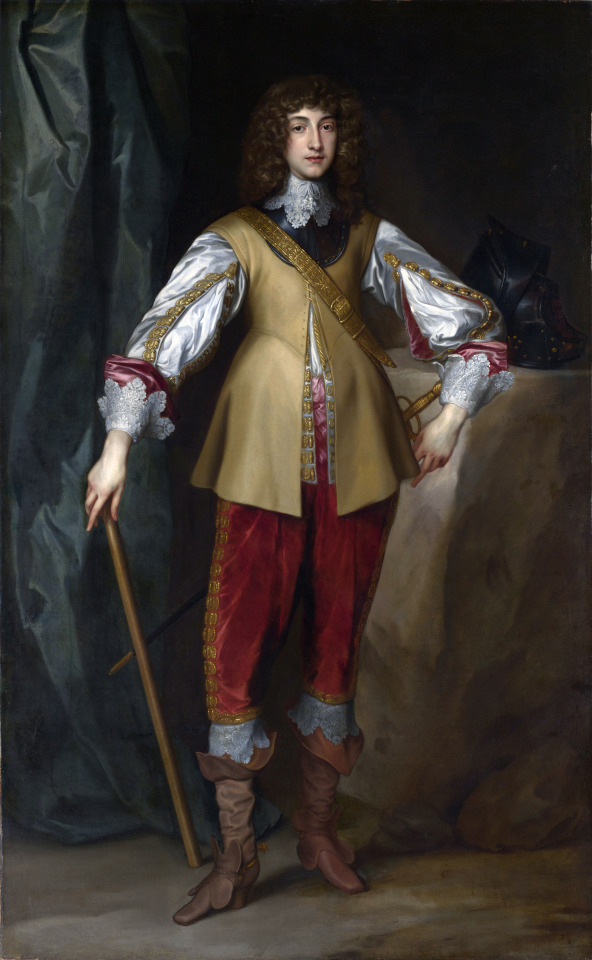
Rupert as a young man visiting the court of his uncle, King Charles I of England, by Anthony van Dyck.
Prince Rupert of the Rhine, Duke of Cumberland (1619-1682) was a German-English army officer, admiral, scientist and colonial governor. He first came to prominence as a Royalist cavalry commander during the English Civil War. Rupert was the third son of the German Prince Frederick V of the Palatinate and Elizabeth, eldest daughter of King James VI and I of Scotland and England.
#Anthony van Dyck#house of wittelsbach#haus wittelsbach#scottish dna#full length portrait#house of palatinate simmern#full-length portrait#uk#duke of cumberland#prince rupert
35 notes
·
View notes
Photo
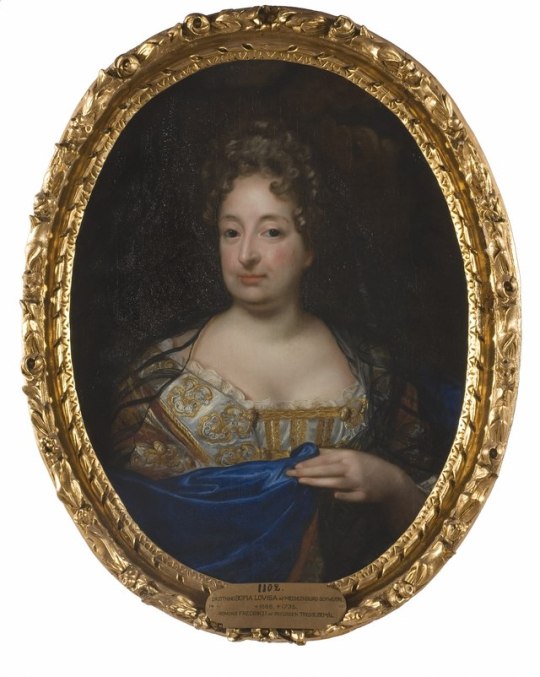
Sophia of the Palatinate, Electress of Hanover.
#Sophia of the Palatinate#sophia of hanover#House of Palatinate-Simmern#17th century#17th century art#long live the queue
32 notes
·
View notes
Photo
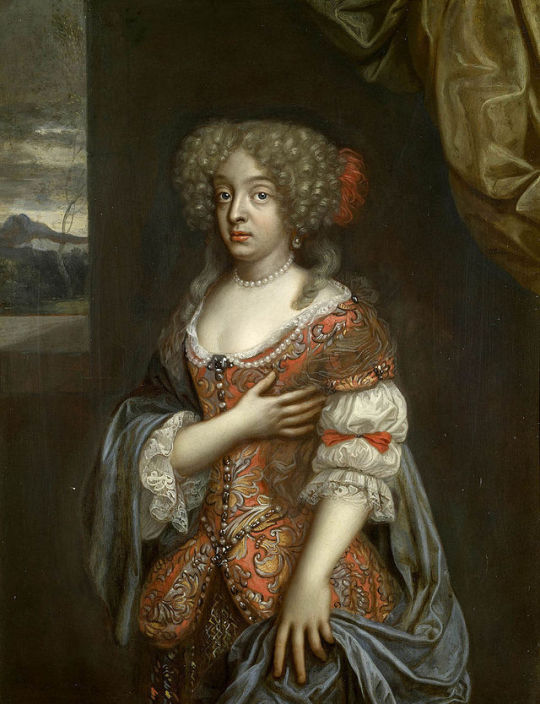
Benedicta Henrietta of the Palatinate
#Benedicta Henrietta of the Palatinate#House Wittelsbach-Simmern#XVII century#people#portrait#paintings#art#arte
0 notes